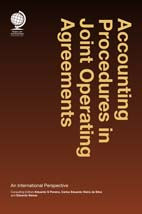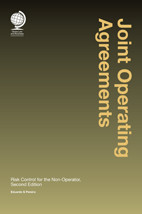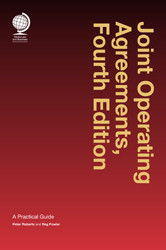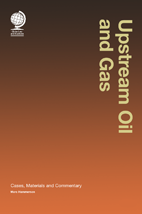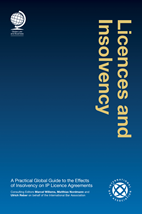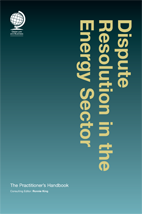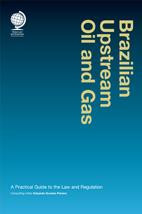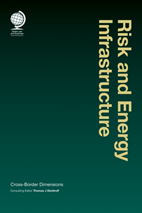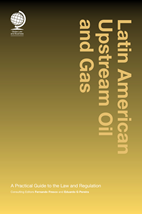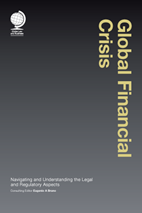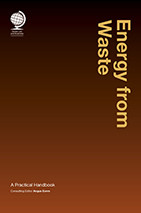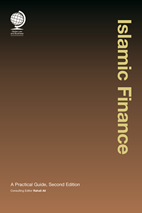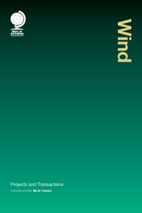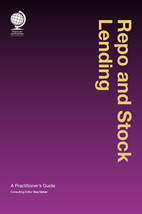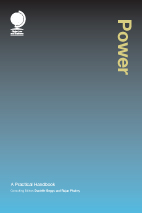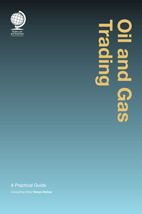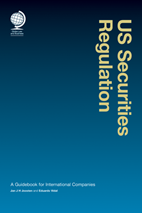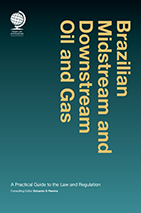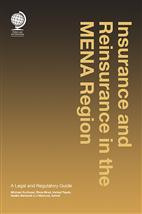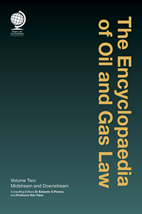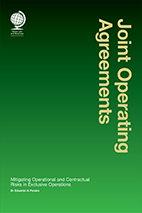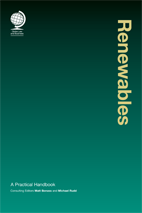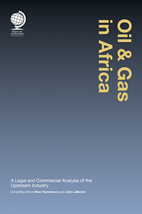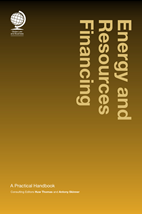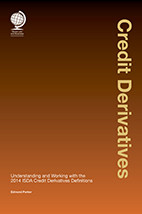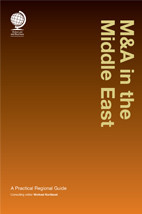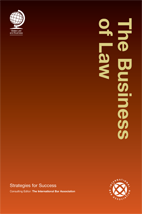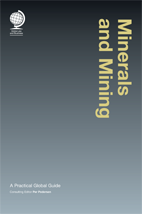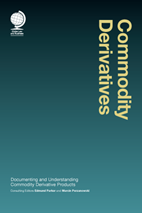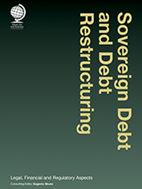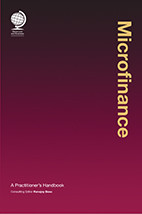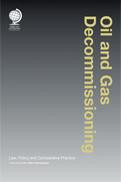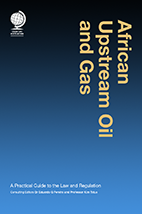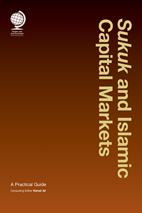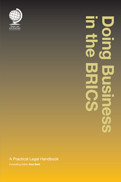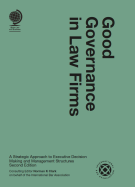
Author(s): Eduardo G Pereira, Carlos Eduardo Vieira da Silva and Eduardo Seixas
Publication date: Jun 2016
Format: Hardback
Pages: 310
Price: £154.00
Discounted Price: £92.40
ISBN: 9781909416604
The joint operating agreement (JOA) is probably one of the most relevant agreements in the upstream sector. The costs and risks involved in any upstream project are likely to be too great for any company to bear alone, and that’s why it is fairly common for oil and gas companies to combine their efforts with others through joint ventures.
The costs of a joint venture are usually controlled through mechanisms such as work programmes and budgets, authorisations of expenditure, and the awarding of contracts. But none of these mechanisms are going to regulate when and how the operator can issue a cash call, how the operator can charge the costs related to the joint venture, or how a non-operator can audit those costs. All of these detailed financial controls are exercised through agreed accounting procedures. Usually, these accounting procedures are set out in an attachment to the JOA. The attachment can be fairly lengthy and complex since it deals with one of the key issues of the consortium: expenditure. If the accounting procedures do not establish clear rules in that area, costs and associated exposure could increase significantly for the parties involved.
This publication analyses and explores in detail what accounting procedures should apply, what the main issues are for an operator and a non-operator; and how the standard model forms address those issues. Several sets of JOA model forms (from AIPN, OGUK, Greenland and Norway, for example) are explored. Through the book, international oil companies, independents, national oil companies, legal advisers and consultants can learn how to perfect their accounting procedures and understand the risks and issues that they might face in the future.




